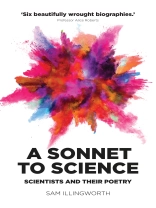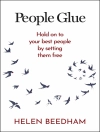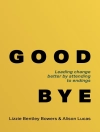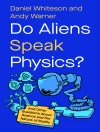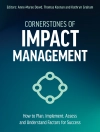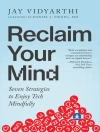A sonnet to science presents an account of six ground-breaking scientists who also wrote poetry, and the effect that this had on their lives and research. How was the universal computer inspired by Lord Byron? Why was the link between malaria and mosquitos first captured in the form of a poem? Who did Humphry Davy consider to be an ‘illiterate pirate’? Written by leading science communicator and scientific poet Dr Sam Illingworth,
A sonnet to science presents an aspirational account of how these two disciplines can work together, and in so doing aims to inspire both current and future generations of scientists and poets that these worlds are not mutually exclusive, but rather complementary in nature.
Tabela de Conteúdo
Introduction
1 The romantic scientist: Humphry Davy (1778–1829)
2 The metaphysical poet: Ada Lovelace (1815–52)
3 The lyrical visionary: James Clerk Maxwell (1831–79)
4 The medical metrist: Ronald Ross (1857–1932)
5 The reluctant poet: Miroslav Holub (1923–98)
6 The poetic pioneer: Rebecca Elson (1960–99)
Epilogue
Index
Sobre o autor
Sam Illingworth is a Senior Lecturer in Science Communication at the University of Western Australia
